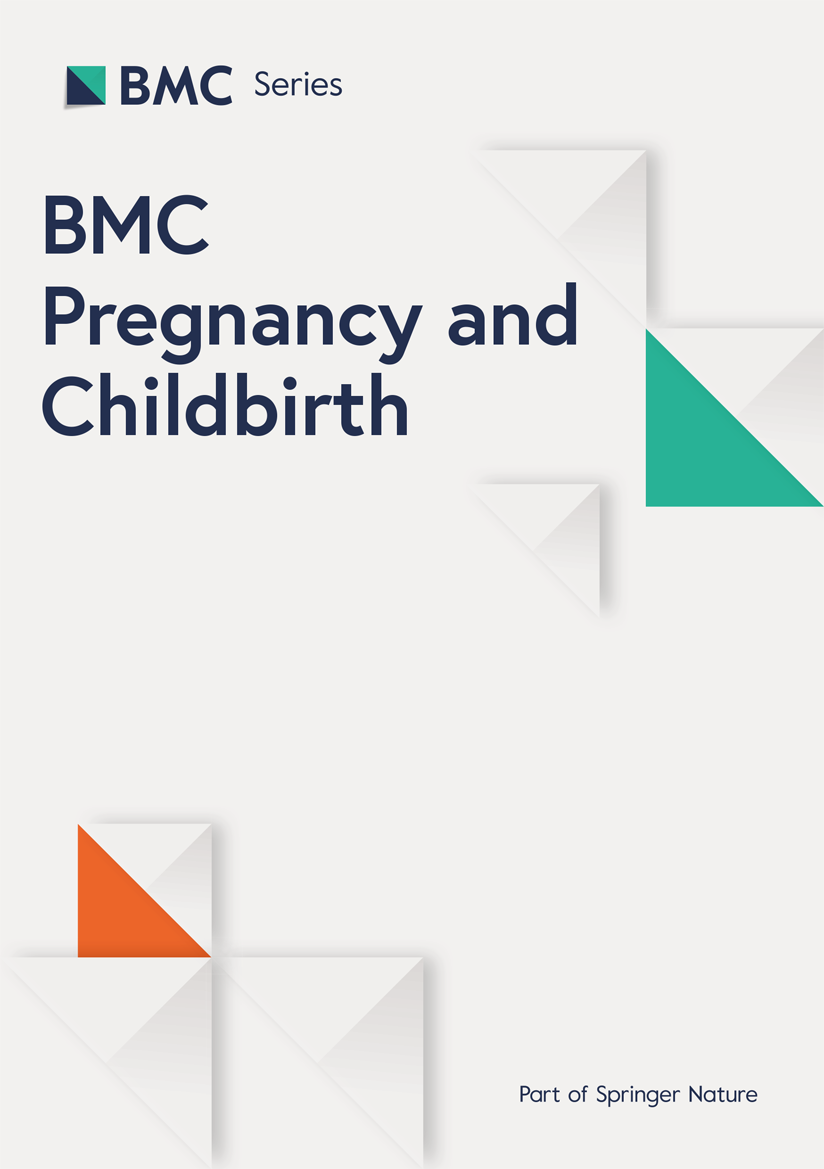Postpartum depression affects approximately 15% of new mothers, but treatment options are often limited due to the risks associated with traditional antidepressants. Researchers at the University of Colorado Anschutz are investigating whether psilocybin, the active compound in psychedelic mushrooms, can serve as an effective treatment for this condition.
Dr. Camille Hoffman, an OB/GYN, explains that women with a history of depression face a higher risk of experiencing postpartum depression. However, some women may face their first depressive episode in the postpartum period, which is often triggered by hormonal changes and the stress of new motherhood.
Currently, psychotherapy is the primary treatment method for postpartum depression, although its accessibility varies. Traditional antidepressants are frequently prescribed, despite not being specifically designed for postpartum cases. The FDA has approved one new medication, Zuranolone (brand name Zurzuvae), specifically for postpartum depression, but it is the only such medication available as of 2025.
The Colorado study involves administering a psilocybin-like compound known as RE104, which has a shorter duration of effects—lasting about three and a half to four hours compared to six to eight hours for other psilocybin medications. Participants in the study will either receive a therapeutic dose or a placebo (microdose). The study requires participants to stay for eight hours in a controlled environment, where they listen to music and are monitored by session sitters and medical staff.
Some participants may initially feel anxious about the experience, but they have opportunities to engage with session sitters before the dosing day to discuss any fears. The study excludes individuals who have used other psychedelics in the past year to ensure that participants do not already have a tolerance or familiarity with these substances.
Research indicates that psychedelics like psilocybin may promote oxytocin production, a hormone associated with bonding and nurturing. This could be particularly beneficial for new mothers, as postpartum experiences often require strong connections with their infants.
While some participants have expressed concerns about the effects on breastfeeding, the current phase of the study does not include lactating women. Plans are in place for a separate study examining the impact of psilocybin on breastfeeding mothers.
To qualify for the trial, participants must be within 12 months of giving birth, diagnosed with postpartum depression without any other mental health conditions, and willing to commit to multiple follow-up visits for safety assessments.
The trial aims to explore the safety and efficacy of psilocybin as a treatment for postpartum depression, potentially expanding the options available to new mothers struggling with this debilitating condition.



